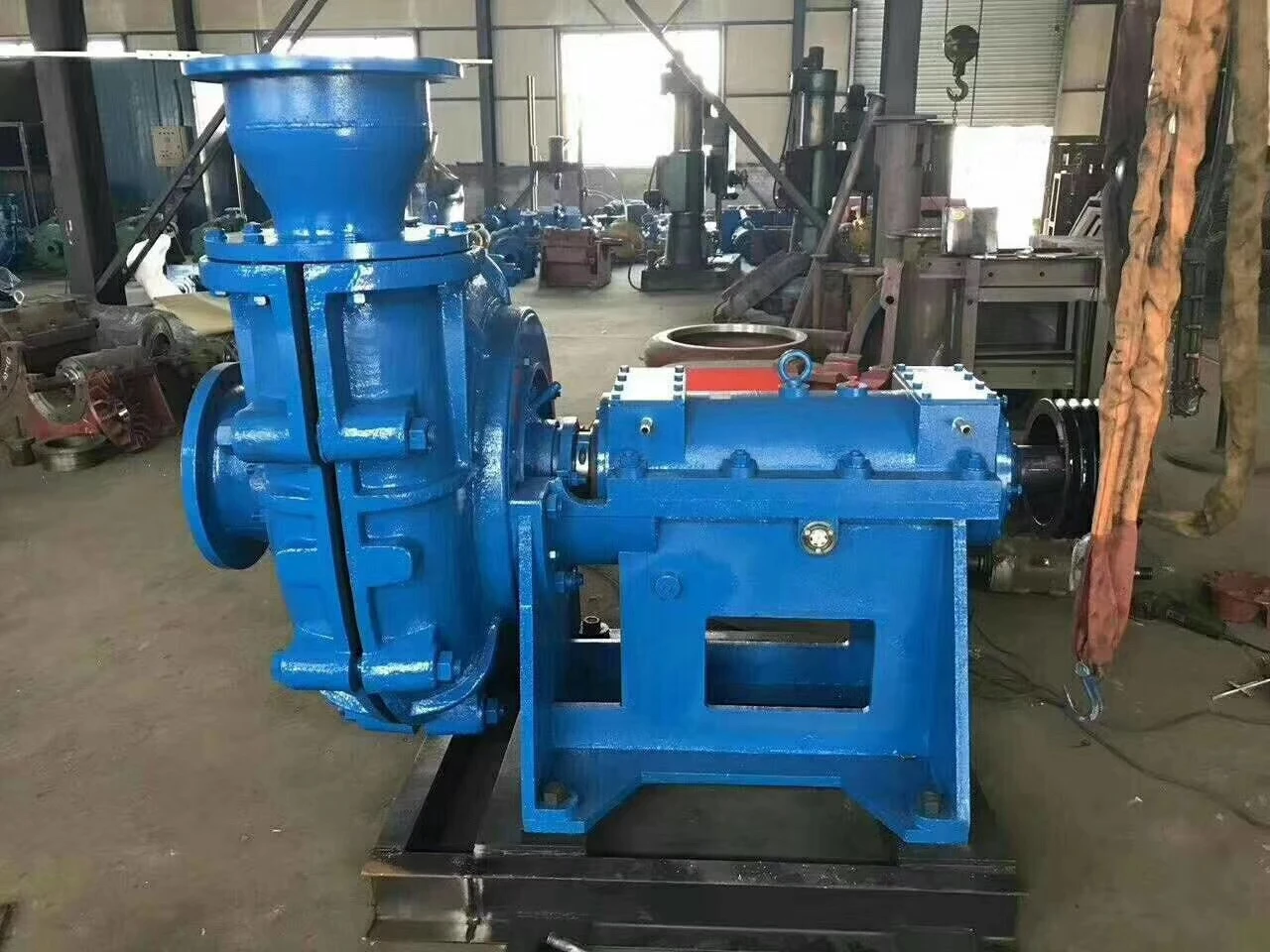Uighur
- Afrikaans
- Albanian
- Amharic
- Arabic
- Armenian
- Azerbaijani
- Basque
- Belarusian
- Bengali
- Bosnian
- Bulgarian
- Catalan
- Cebuano
- Corsican
- Croatian
- Czech
- Danish
- Dutch
- English
- Esperanto
- Estonian
- Finnish
- French
- Frisian
- Galician
- Georgian
- German
- Greek
- Gujarati
- Haitian Creole
- hausa
- hawaiian
- Hebrew
- Hindi
- Miao
- Hungarian
- Icelandic
- igbo
- Indonesian
- irish
- Italian
- Japanese
- Javanese
- Kannada
- kazakh
- Khmer
- Rwandese
- Korean
- Kurdish
- Kyrgyz
- Lao
- Latin
- Latvian
- Lithuanian
- Luxembourgish
- Macedonian
- Malgashi
- Malay
- Malayalam
- Maltese
- Maori
- Marathi
- Mongolian
- Myanmar
- Nepali
- Norwegian
- Norwegian
- Occitan
- Pashto
- Persian
- Polish
- Portuguese
- Punjabi
- Romanian
- Russian
- Samoan
- Scottish Gaelic
- Serbian
- Sesotho
- Shona
- Sindhi
- Sinhala
- Slovak
- Slovenian
- Somali
- Spanish
- Sundanese
- Swahili
- Swedish
- Tagalog
- Tajik
- Tamil
- Tatar
- Telugu
- Thai
- Turkish
- Turkmen
- Ukrainian
- Urdu
- Uighur
- Uzbek
- Vietnamese
- Welsh
- Bantu
- Yiddish
- Yoruba
- Zulu
Telephone: +86 13120555503
Email: frank@cypump.com
سېنتەبىر . 26, 2024 05:44 Back to list
basement ejector pump
Understanding Basement Ejector Pumps Function and Importance
When it comes to maintaining a dry and functional basement, many homeowners encounter the issue of managing excess water. Whether it's from heavy rains, groundwater seepage, or plumbing problems, water in the basement can lead to significant structural damage, mold growth, and an overall decrease in property value. This is where a basement ejector pump plays a crucial role.
What is a Basement Ejector Pump?
A basement ejector pump, often referred to as a sewage pump, is specifically designed to move wastewater from the lower levels of a home—especially basements—up to the main sewer line or a septic system. Unlike typical sump pumps that primarily deal with excess groundwater, ejector pumps are built to handle solids and wastewater that might be produced in a bathroom, laundry room, or kitchen located below the level of the main sewer line.
How Does a Basement Ejector Pump Work?
The operation of an ejector pump is relatively straightforward. It is usually installed in a pit (also known as a sump basin) in the basement. When wastewater flows into the pit, a float switch activates the pump when the water reaches a certain level. The pump then uses mechanical action to move the water and any solid waste through a discharge pipe, directing it upward and out to the sewer line or septic system.
Ejector pumps are typically powerful and can handle solids up to a certain size (usually around 2 inches). This makes them suitable for use in bathrooms where human waste and toilet paper need to be evacuated. Many homeowners appreciate the fact that these pumps can be automatic, providing a worry-free solution to potential sewage backups.
Why is a Basement Ejector Pump Important?
basement ejector pump

1. Prevention of Water Damage The primary purpose of an ejector pump is to prevent flooding in the basement, which can lead to costly water damage. A properly functioning pump can mean the difference between a minor inconvenience and major repair bills.
2. Health and Safety Standing water can create an environment for mold and bacteria growth, posing health risks to the home's occupants. Ejector pumps help to maintain a clean and safe living space by removing wastewater quickly and efficiently.
3. Improved Property Value Homes with basements are attractive to buyers, but a basement prone to flooding or sewage issues can significantly reduce property value. Installing a reliable ejector pump can enhance the appeal of the home and serve as a valuable asset in property transactions.
4. Odor Control Sewage backups can produce unpleasant odors that permeate the air in your home. An ejector pump helps to mitigate this issue by ensuring that wastewater is transferred out of the home effectively.
Regular Maintenance is Key
To ensure optimal performance, regular maintenance of an ejector pump is essential. Homeowners should schedule annual inspections to check for clogs, pump functionality, and electrical connections. In addition, it’s beneficial to periodically clean the sump basin to prevent build-up that could impair the pump's efficiency.
Conclusion
A basement ejector pump is an essential component for homes with lower-level bathrooms or other fixtures that produce wastewater. Not only does it protect against flooding and water damage, but it also safeguards your family's health and enhances the overall value of your property. By understanding how these pumps work and the importance of regular maintenance, homeowners can ensure that their basements remain dry, functional, and safe. Whether you are facing issues with stagnant water or are planning to install a new bathroom in your basement, investing in a quality ejector pump might just be the most prudent decision you can make for your home.
-
ISG Series Vertical Pipeline Pump - Chi Yuan Pumps Co., LTD.|High Efficiency, Energy Saving, Low Noise
NewsJul.30,2025
-
ISG Series Vertical Pipeline Pump- Chi Yuan Pumps|High Efficiency&Low Noise
NewsJul.30,2025
-
ISG Series Vertical Pipeline Pump-Chi Yuan Pumps Co., LTD.|High Efficiency&Energy Conservation
NewsJul.30,2025
-
ISG Series Vertical Pipeline Pump - Chi Yuan Pumps Co., LTD.|Advanced Hydraulic Design&Energy-Efficient Solutions
NewsJul.30,2025
-
ISG Series Vertical Pipeline Pump - Chi Yuan Pumps Co., LTD.
NewsJul.30,2025
-
ISG Series Vertical Pipeline Pump - Chi Yuan Pumps Co., LTD.|energy-efficient fluid handling&industrial durability
NewsJul.30,2025










